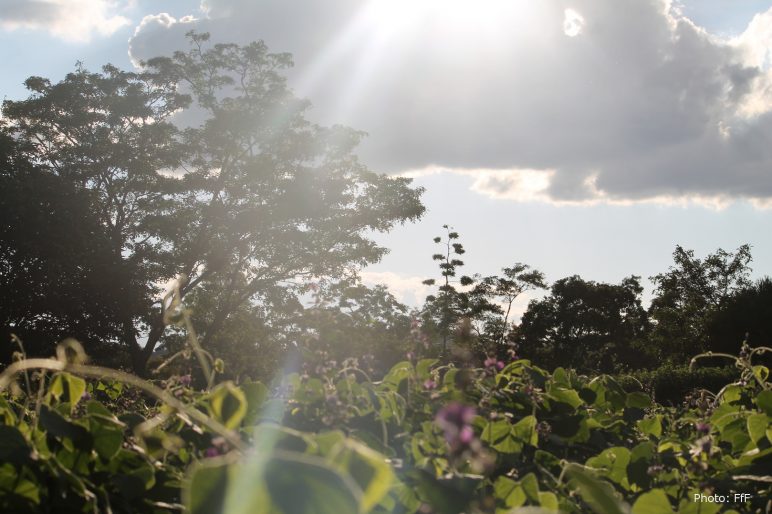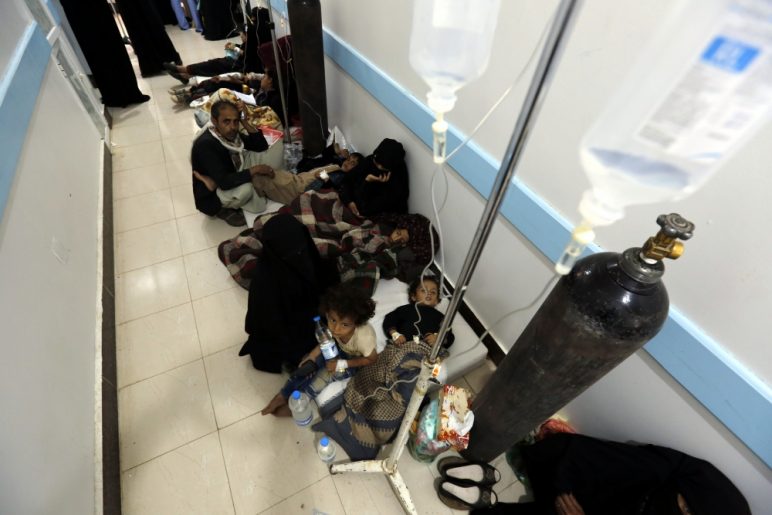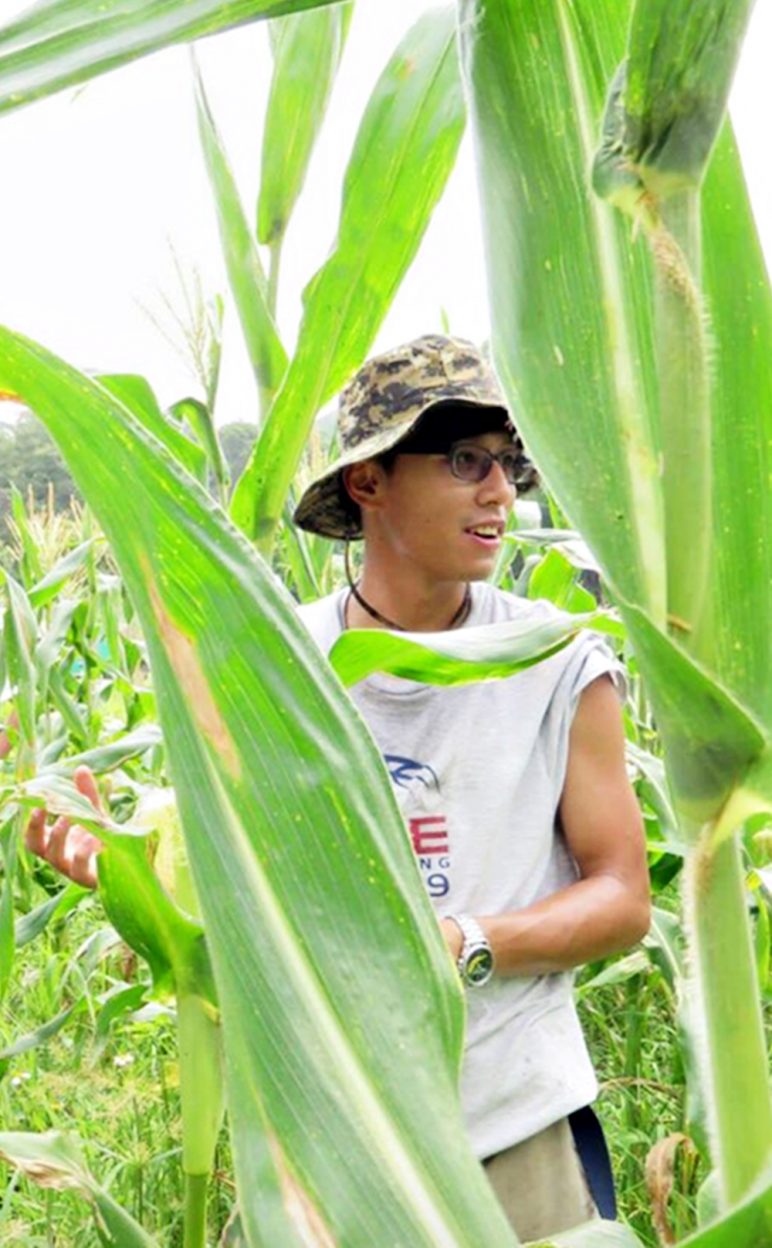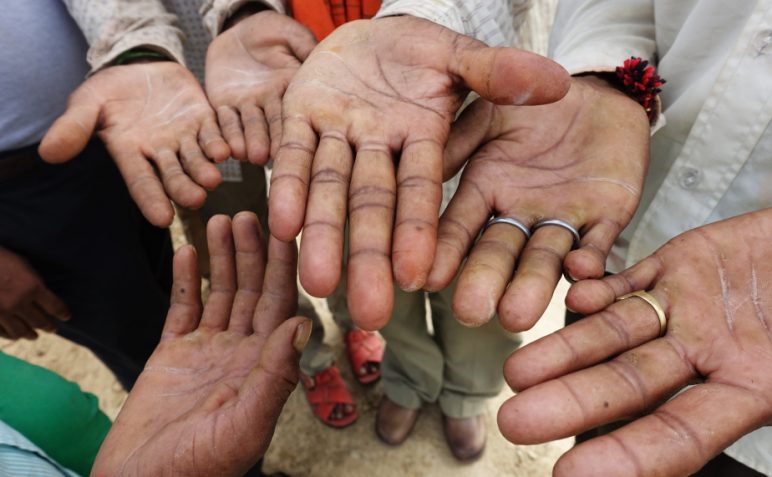[“SHARE” JAN – MAR 2019 ] BACK TO THE BIBLE
Written by: The Reverend Anders Chan Ming-chuen (Board Member of CEDAR, Associate Senior Pastor of Mongkok Baptist Church)
The parable of the Good Samaritan in Luke 10:25-37 is a well-known passage of scripture. An expert in the law asked Jesus to provide an objective definition for the word “neighbour”, but his real intention was to justify his xenophobic point of view – there were people whom he did not have the obligation to love (to him, “neighbour” probably only referred to other Jews). This reflected the sense of national superiority of the expert in the law and his moral values. Even though the Jews did not have their own country at the time, they still prided themselves in being God’s people and discriminated against foreigners.
Jesus answered the expert in the law with a parable and reversed his idea that he was the victim in the topic. It is true that Jesus did not really answer the question “Who is my neighbour”, because that was not the point. He made it clear that the subjective emotion of “having mercy” was the essence of the parable – the Samaritan did not segregate the injured man, but did his best to help him because he was injured. Jesus deliberately changed the discourse from having a definition to having a perspective. There are three points about the parable of the Good Samaritan that we should reflect upon:
I. Whose neighbour do I want to become?
Jesus asked, “Which of these three do you think was a neighbour to the man who fell into the hands of robbers?” The expert in the law replied, “The one who had mercy on him.” When we see the predicaments of different groups of people around the world, we naturally choose to respond to certain needs according to our unique calling. We must ask ourselves repeatedly, “Who are the people and their needs that motivate us to give more?”
What Jesus wanted to correct was that who your neighbours are is not defined by nationalism or geography. He wanted us to ask ourselves, “Whose neighbor can I become?” We should open up ourselves and try to give more to those ministries that move us. If the circumstances of Rohingya refugees move us, we should concentrate on serving them; if we cannot stop thinking about the famine victims in Africa, we should focus on helping them. We cannot and should not impose our definition of a “neighbour” on others. Instead, we should encourage them to find their own neighbours by following their conscience and compassion. A mission can only be sustainable if it comes from the heart.
II. Guard our merciful hearts
We must constantly reinvigorate our merciful heart, or else we cannot fully understand the suffering of others or summon up the energy and determination to make changes. Living in an age of information explosion, we must not waste the information we receive, but turn any relevant messages about our concerned groups into prayers and bring ourselves closer to these people. If possible, we should go to where our “neighbours” live and serve them, build a relationship with them and face their challenges with them. If we can do this, our hearts will become more compassionate. I was personally involved in the drug addiction rehabilitation programme run by CEDAR’s partner in China and over the course of time, I have established supportive relationships with the staff in local churches and the beneficiaries. This experience of working with my fellow brothers and sisters from another geographical location to serve God has become a memory to cherish. It has given me more specific information about these people’s needs and enabled me to continue to remember them in my prayers.
III. Not just money
What the Good Samaritan offered the injured man was not just money, but his physical assistance and company. Similarly, to carry out integral mission, we must abandon the idea of “pure donation”. Giving money can be the first step, but it is not all we can do. Jesus told the expert in the law to “Go and do likewise.”
May the Lord inspire us all!










